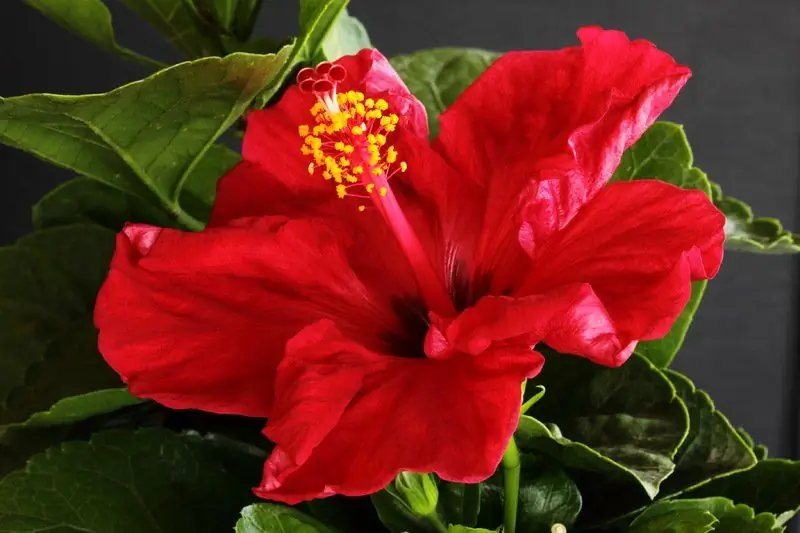
Table of contents:
- Author Bailey Albertson albertson@usefultipsdiy.com.
- Public 2023-12-17 12:53.
- Last modified 2025-01-23 12:41.
Hibiscus on the windowsill: is it worth keeping a Chinese rose at home
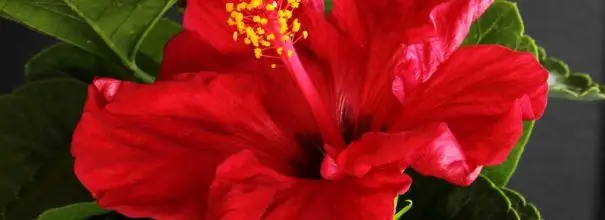
The Chinese rose and hibiscus are a popular houseplant that is valued for its beauty, durability and abundance of flowering, as well as for ease of maintenance. Recently, however, many have begun to abandon it because of the negative superstitions associated with it.
Is hibiscus harmful from an objective point of view
There are no objective reasons for not keeping hibiscus at home. It is non-toxic and non-allergenic. On the contrary, from a scientific point of view, it is very beneficial for plant health:
- The Chinese rose releases phytoncides into the atmosphere. These substances are very effective prevention of colds and viral diseases.
- Traditional medicine recommends hibiscus essential oil for the treatment of bronchopulmonary diseases.
- Hibiscus tea made from dry petals is very useful for those who wish to lose weight. It also has a restorative and rejuvenating effect on the body, normalizes blood pressure, and removes toxins.
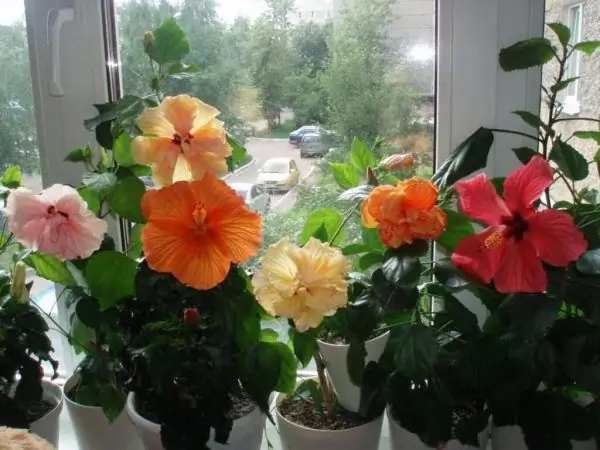
Many growers are not ready to give up beautiful hibiscus for the sake of unconfirmed superstitions.
Video: health benefits of hibiscus tea
They don't like hibiscus everywhere:
- it is one of the official symbols of Malaysia;
- in Melanesia, the flower symbolizes wealth;
- in India and southern China, it is an integral attribute of the bride's attire, emphasizing her beauty and purity;
- in Hawaii and Haiti, flowers are woven into wreaths to decorate homes, and they are presented to tourists as a sign of hospitality;
- in Brazil, they believe that a flower in the house is necessary for couples wishing to conceive a child;
- in Argentina, the Chinese rose is simply loved very much - you can hardly find a house where less than three different varieties of hibiscus are grown.
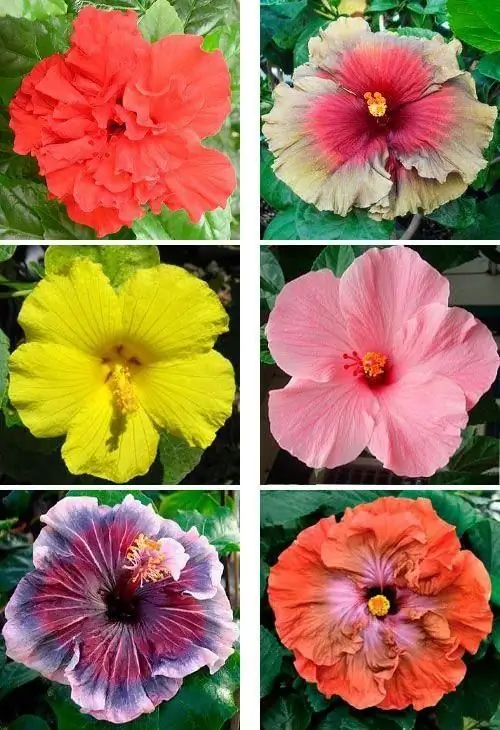
Signs and superstitions regarding the Chinese rose are very contradictory.
Negative omens and superstitions
When and why hibiscus became considered a harmful and dangerous plant is unknown. Perhaps the negative associations were caused by the bloody shade of the petals, which many associate with blood and pain. There are quite a few bad omens associated with the Chinese rose.
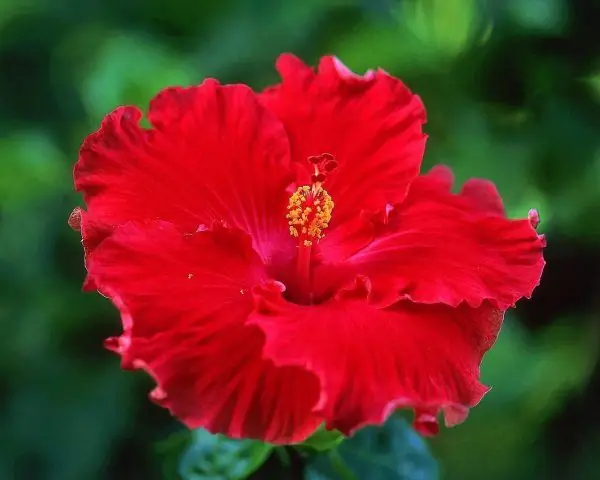
The bright, blood-red color of hibiscus petals causes disturbing and negative associations in many
It is often even called the "flower of death" or "bloodworm":
-
The flowering of hibiscus at an inopportune time portends the imminent death of one of the household. The only way to ward off trouble from a relative is to arrange an urgent "auto-da-fe" for the plant.

Abundant flowering of the Chinese rose The abundant flowering of hibiscus, according to omen, means the imminent death of someone close
- A good looking and abundantly blooming hibiscus feeds on the spiritual forces of the owner, "drawing" energy from it. And after his death, he blooms even more magnificently, "taking" life. Therefore, it is especially not recommended to place the pot in the nursery. Similarly, the plant acts where peace and harmony reign, "sucking" all the positive, provoking quarrels and misunderstandings.
-
If leaves dry or fall on a Chinese rose, this portends an imminent and serious illness of someone living in the house. But the same is sometimes interpreted and vice versa - the hibiscus took the trouble away from the owner, taking away all the negative.

Hibiscus is losing leaves The loss of leaves by a Chinese rose is interpreted both positively and negatively
-
Hibiscus is also classified as a "muzhegon" plant. It is believed that girls, holding a Chinese rose in the house, doom themselves to loneliness. At the same time, they attract men, "borrowing" beauty and brightness from the flower, but their acquaintances with the opposite sex are short and unsuccessful. And if the woman is already married, the husband will soon leave her.

Girl and hibiscus Many girls are not at all afraid of the ill fame of the Chinese rose and the prospect of being left without a spouse because of its presence in the house.
- Chinese roses thrive in hospitals, ostensibly feeding on pain and suffering. But this can be explained by the fact that they are most often placed in halls. Spacious, bright, well-ventilated rooms are very suitable for the plant.
Video: why hibiscus is called the "flower of death"
Believe it or not superstition is everyone's personal business. Moreover, the signs concerning hibiscus are very contradictory. Many, not paying attention to the possible negative, continue to grow this very ornamental plant and do not notice any negative consequences for themselves.
Recommended:
Why You Can't Plant Christmas Trees On The Site And Near The House: Signs And Facts
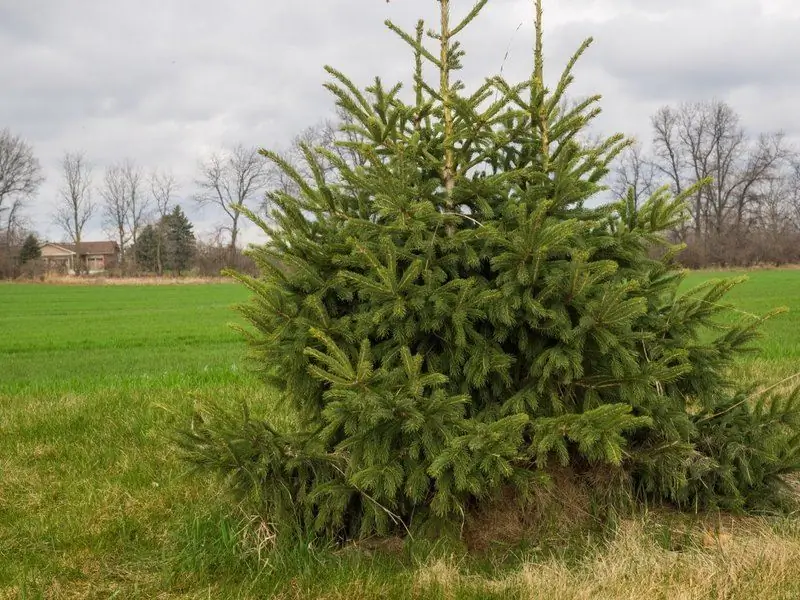
Why is it considered that you cannot plant trees on the site and near the house. Objective reasons. Signs and superstitions
Why It Is Impossible To Plant A Birch Near The House And On The Site: Signs And Facts

Why is it considered that you can not plant a birch on the site and near the house. Objective reasons. Signs and superstitions
Why You Can't Why You Can't Wash Floors On Friday: Signs And Facts

Why you can't wash floors on Friday: signs and superstitions. The opinion of the mystics and Orthodoxy
Why Geraniums Cannot Be Kept In The House: Signs And Rational Reasons
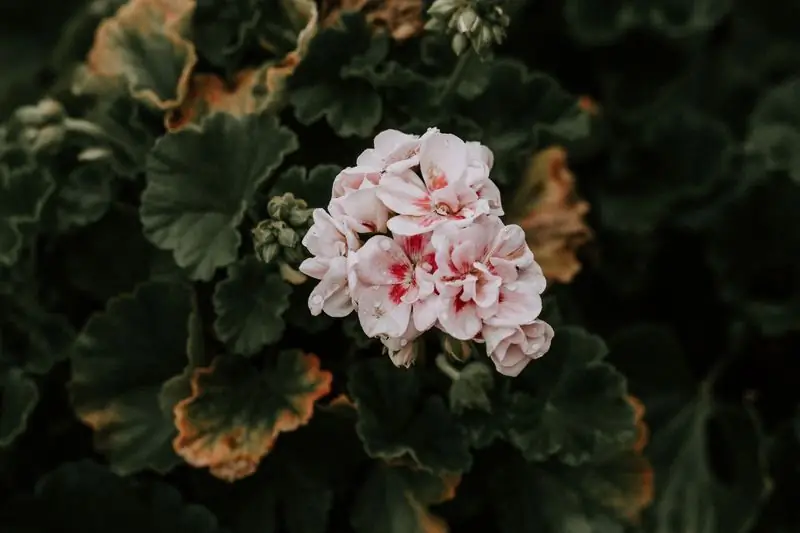
Why it is believed that you can not keep geraniums at home. Signs, superstitions, objective reasons
Why You Can't Keep Orchids At Home: Folk Signs And Facts

Why you can't keep orchids at home: rationalizations and superstitions. Folk signs concerning the flower
